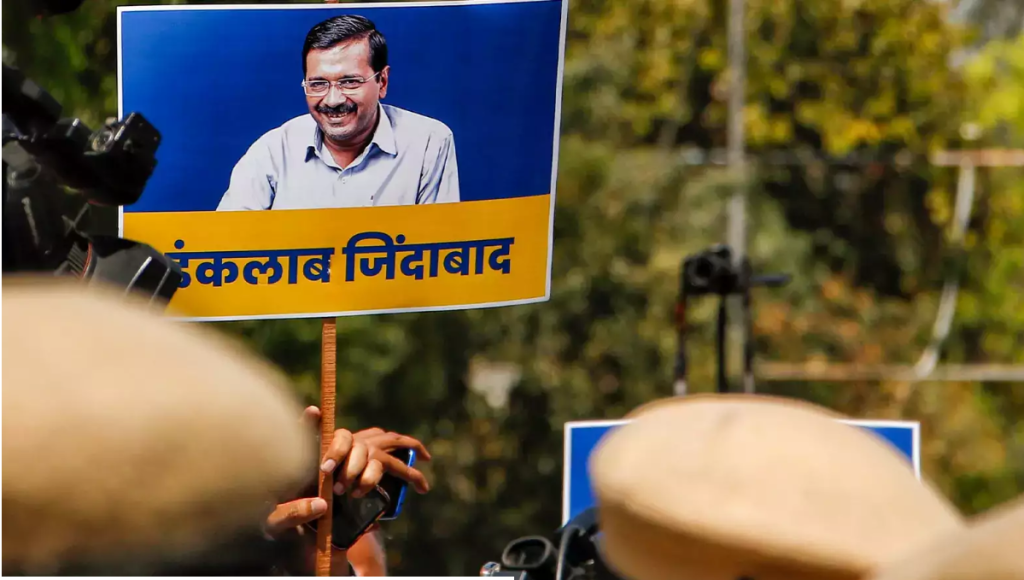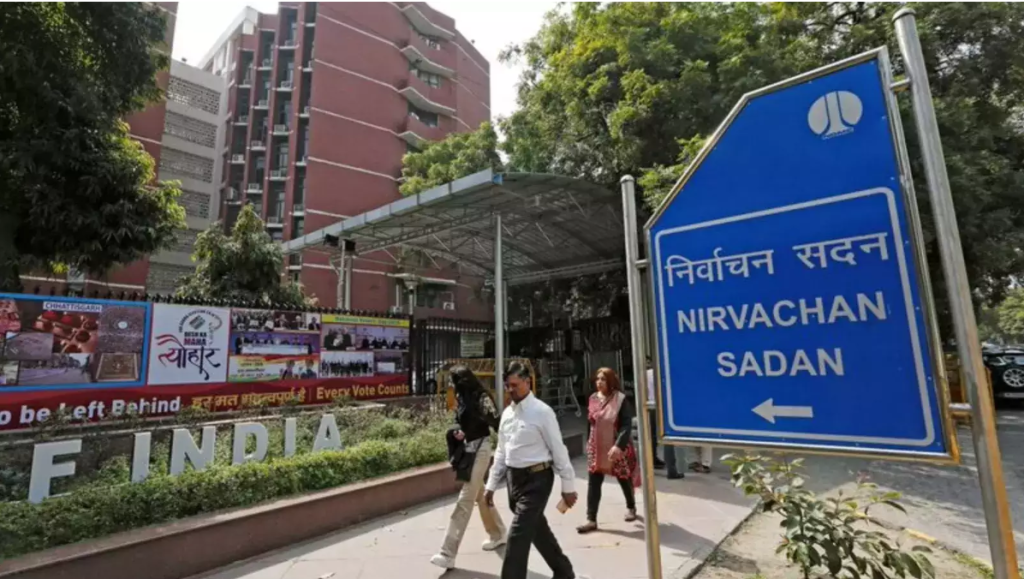Aid to developing countries has long been dominated by the World Bank and the International Mone-tary Fund. But they have failed for so long in a group of Heavy Indebted Poor Countries (HIPCs) that additional aid has simply meant additional debt that cannot be repaid.
The spring meeting of the World Bank and the IMF has elicited demonstrations by well-intentioned NGOs wanting complete debt forgiveness for HIPCs. But this skirts a key question: Why do HIPCs remain heavily indebted despite three earlier rounds of debt relief (the Toronto, Trinidad and Naples Rounds), and the ongoing HIPC debt forgiveness initiative?
Because, says former Bank economist William Easterly, of realpolitik. Don\’t assume that governments work for the public interest, or are interested in maintaining solvency. Many predatory states want to borrow as much as they can to spend as fast as possible.
If such countries are forgiven debt, they will immediately borrow more till they return to the original crisis. In such countries, debt relief does not finance econo-mic development or reduce unsustainable debt.
Not all HIPCs are predatory, yet Easterly finds a good fit between what his model predicts and the actual outcome.
So, high debt is often an outcome of failed states, not a cause. NGOs argue, rightly, that old debt contracted by odious dictators should not burden current leaders. And many old debts represent ill-designed Bank-Fund programmes.
Yet, facing the same global conditions and aid agencies, some developing countries (like India) have fared well while others have failed. Clearly much of the problem lies in chronic misgovernance in HIPCs.
The soft-lending window of the World Bank, IDA, lends at just 0.75 per cent with repayment over years. There is no development that cannot be financed on such soft terms: a return of just 1 per cent on investment is enough. States that cannot generate even a 1 per cent return need to be called failed states.
Debt forgiveness may sound as though it comes at the expense of the rich. In fact, it comes at the expense of prudent borrowers like India. Debt service of old loans is recycled into new loans to prudent borrowers.
Write off the old debt and you reduce the recycling to prudent borrowers, who end up subsidising Third World predators. The World Development Indicators 1999 shows graphically that HIPCs were originally much richer than prudent poor countries, but fell behind because of misgovernance. Initial poverty is not the cause of unsustainable debt.
Commercial lenders stop lending to borrowers who cannot service their debts. But aid is not commercial, and donors keep financing failed states. Commercial lenders will write off part of their loans if this makes the borrower\’s operations viable.
Lenders may stick with a management that has made mistakes, but will oust those guilty of misgovernance.
But the World Bank and IMF cannot oust bad managements (governments). An indirect way of changing the management is to impose stringent conditions on loans, hoping this will improve managerial practices.
Experience shows that this does not work. Failed states pay only lip-service to reform. This has led to the new fashion of aid selectivity, focusing aid on countries with the best policies and institutions.
This approach has been pushed by the Meltzer Commission, and also the US Millennium Challenge Account (providing an additional $5 billion/year to deserving countries). This is a welcome change. But will not help millions of hapless people in failed states. They cannot be left to starve.
Humanitarian assistance is warranted even to failed states. This is necessarily in the form of grants, not loans. No detailed project reports or onerous conditions and audits required.
Based on governance benchmarks, failed states should be declared ineligible for IDA and sent instead to a new Humanitarian Assistance Fund. If they improve governance, they should become eligible for IDA again.
This will give predatory rulers an incentive to improve governance. By contrast, the debt forgiveness favoured by NGOs will reward predation.
Many NGOs seem to think that the World Bank and the IMF should act like charitable agencies. In fact, these are development agencies, and should be left to that task.
For humanitarian relief we need a separate Humanitarian Assistance Fund. This should be financed by fresh grants from rich countries, and this should not happen at the expense of prudent borrowers like India.
Development aid has to be channelled to governments. But humanitarian assistance should be channelled directly to communities through NGOs (as in Bangladesh), or Social Funds that give grants directly to projects chosen by communities.
This will penalise predatory rulers by depriving them of the financial flows they feed on. Despite many shortcomings, Social Funds have functioned well in many countries (notably Indonesia) precisely because they bypass corrupt government structures. This is one way of \”changing the management\”. That is the way to go.




